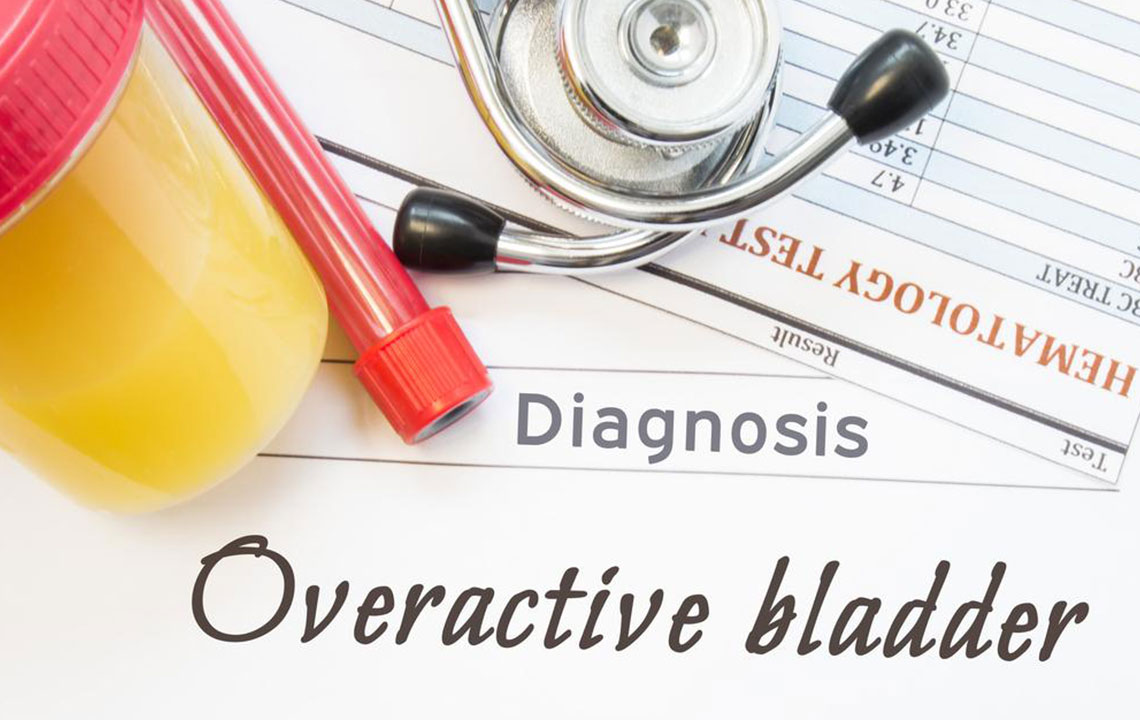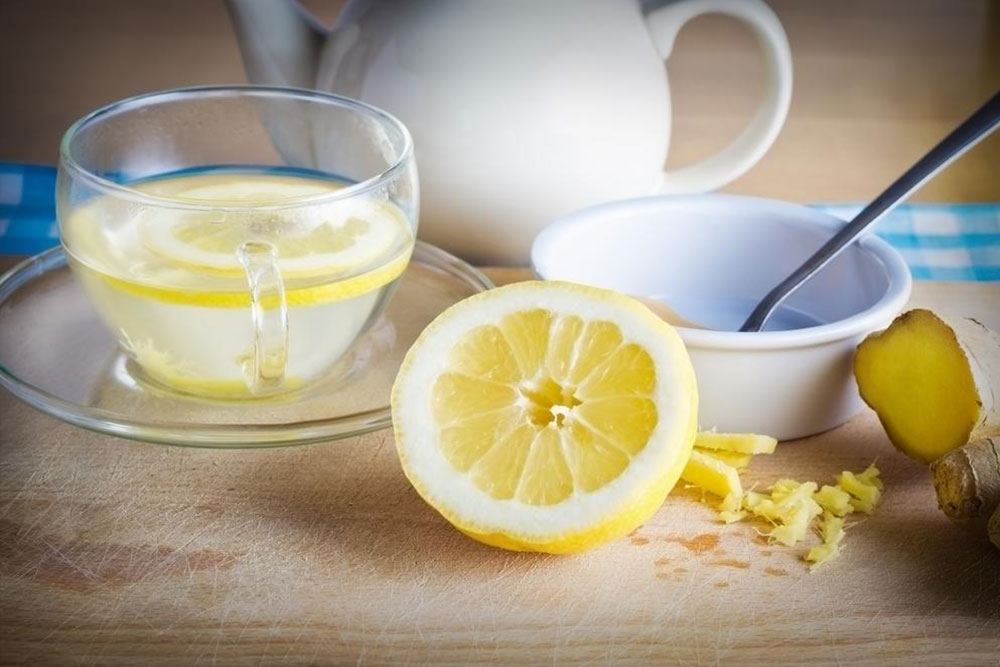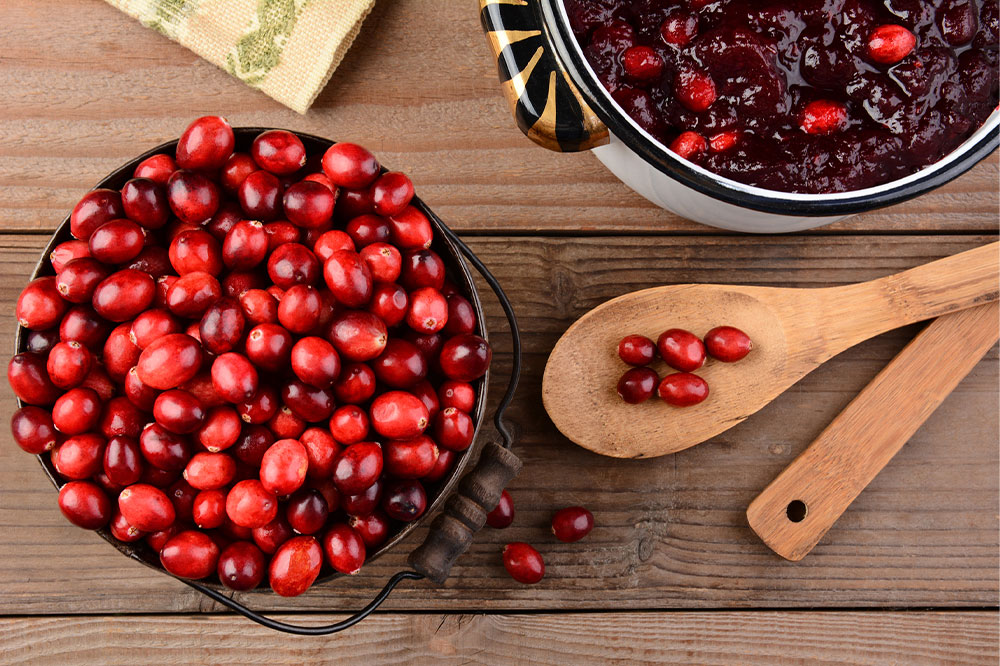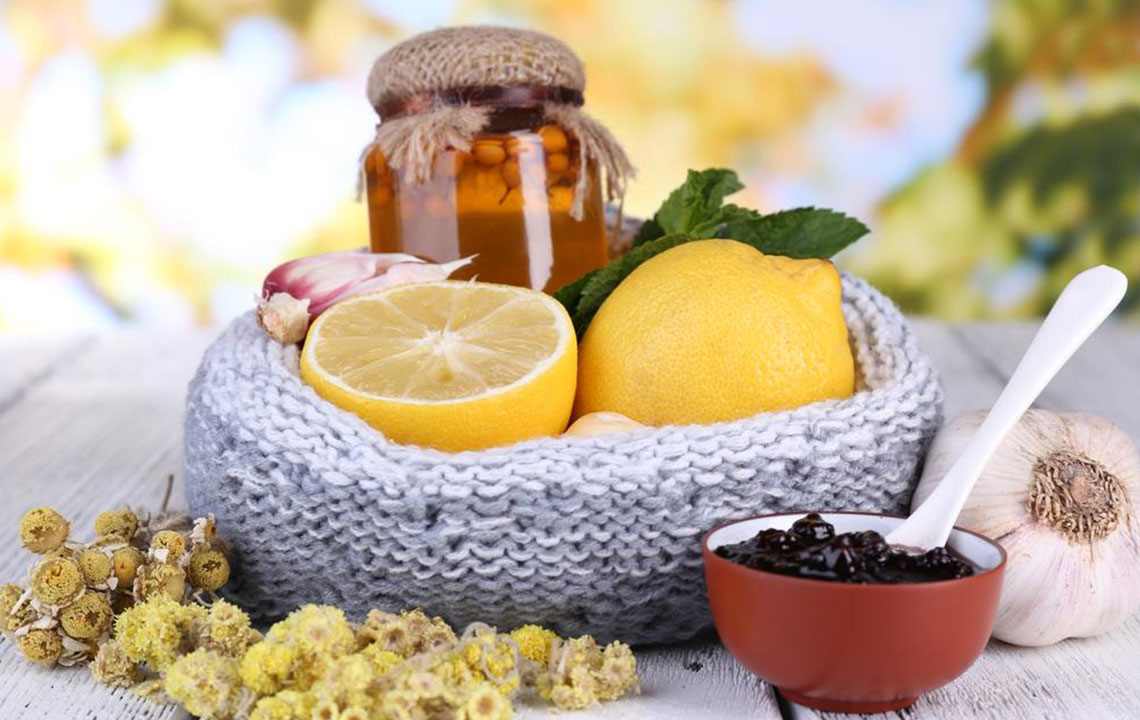Diet Tips for Managing Male Urinary Incontinence
Discover lifestyle and dietary strategies to manage male urinary incontinence. This guide highlights foods that support bladder health, such as nuts, berries, and whole grains, while advising caution with irritants like caffeine, spicy foods, and alcohol. Adopting these recommendations can help reduce symptoms, improve quality of life, and promote overall wellness. Tailored dietary choices are a practical, natural approach to better bladder control, especially following prostate surgeries or due to age-related issues. Consult with your healthcare provider for personalized advice.
Dietary Recommendations for Male Urinary Control
Approximately 15% of men experience urinary incontinence, especially those over 60. However, men between 15 and 64 can also be affected, often due to prostate surgery or other health issues. Weak bladder muscles, nerve damage, and overactive bladder muscles contribute to symptoms of leakage. Adjusting one’s diet can significantly help reduce discomfort. While no specific diet cures incontinence, incorporating certain foods and avoiding irritants can improve bladder health and ease symptoms.

Foods that Support Urinary Health in Men
Maintaining a nutritious diet benefits overall health and may alleviate urinary issues. Certain foods strengthen the urinary system and assist in managing incontinence symptoms.
Nuts
Nuts such as almonds, pistachios, brazil nuts, and pecans are rich in antioxidants, selenium, and healthy fats. These nutrients support prostate health, reduce cholesterol, and help maintain a healthy urinary tract. Including nuts in snacks, salads, or cereals is an easy way to promote bladder wellness.
Berries
Rich in vitamin C and antioxidants, berries like strawberries, blueberries, raspberries, and blackberries boost prostate and bladder health. Their anti-inflammatory properties can help decrease bladder swelling and infections. Add berries to smoothies, yogurt, or cereals for a healthful boost.
Whole Grains
High fiber foods such as oats, brown rice, quinoa, barley, and whole wheat products support digestion and prevent constipation, which can worsen incontinence. Including these in meals helps regulate bowel movements and reduces bladder pressure. Gluten-free options like buckwheat and millet are also beneficial.
Cruciferous Vegetables
Vegetables like broccoli, kale, cauliflower, Brussels sprouts, and cabbage are known to support prostate health and reduce enlargement, a common cause of urinary issues. Rich in antioxidants and vitamin C, these veggies can be incorporated into various dishes such as salads, soups, and stir-fries.
Lean Protein Sources
Foods high in protein like chicken, fish, eggs, and tofu are easy to digest and support energy levels. These protein sources can also aid in managing incontinence symptoms when included regularly in meals.
Foods to Limit or Avoid for Better Bladder Control
Some foods can irritate the bladder and exacerbate symptoms. Eliminating or reducing these can promote bladder comfort.
Alcohol
Alcohol acts as a diuretic and can irritate bladder tissues, increasing urgency and leakage. Limiting alcohol intake is advisable for better urinary control.
Caffeinated Drinks
Tea, coffee, sodas, and chocolates contain caffeine, which can inflame bladder lining and increase urination frequency. It’s best to reduce or avoid caffeine to minimize symptoms.
Sugary and Artificial Sweeteners
Foods high in sugar and artificial sweeteners may cause bladder irritation and worsen incontinence. Controlling sugar intake can provide relief.
Spicy and Hot Foods
Spices like chili, cayenne, and curry can cause bladder inflammation, triggering symptoms. Limiting spicy foods helps maintain bladder health.
Citrus Fruits
While rich in vitamin C, citrus fruits such as oranges, lemons, limes, and grapefruits are highly acidic and may irritate the bladder, making symptoms worse. Reducing citrus intake is recommended for those with incontinence issues.
Note:
The information shared on this site offers insights into health and wellness but should not replace professional medical advice. Always consult a healthcare provider for diagnosis and treatment options related to urinary incontinence. The content aims to inform and educate, not to provide conclusive medical guidance.










